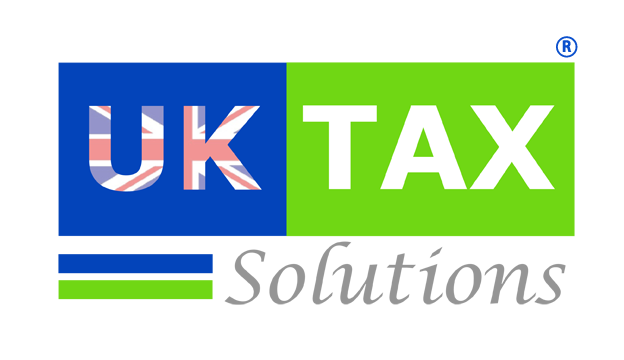Budget 2021: income tax thresholds frozen for five years & corporation tax to increase to 25%
The income tax personal allowance and higher rate threshold will be uprated in line with CPI as planned in April 2021, then maintained at that level until April 2026. This decision will not reduce take-home pay and the highest income households will continue to contribute more. This will take effect in April 2022.
This will see the basic rate personal allowance rise as planned to £12,570 from the new tax year in April 2021 and will remain at this level until April 2026. The income tax higher rate threshold will rise to £50,270 from April 2021 and again this will be frozen until April 2026.
in 2021-22 NICs thresholds will rise with CPI, bringing the NICs primary threshold/lower profits limit to £9,568 and the upper earnings limit (UEL)/upper profits limit (UPL) to £50,270, in line with the income tax higher rate threshold. The UEL/UPL will then remain aligned with the higher rate threshold at £50,270 until April 2026.
The Chancellor deciding to freeze the personal allowance and basic rate band for the next five years will incur a charge of £8,180m per year by 2025-26. Whilst this will mean an individual’s net pay remains unaffected by tax, the corroding effect of inflation over the next five years will be left to run rampant. More individuals than ever before will find themselves paying tax or suffering higher rates of tax.
The Chancellor plans to raise corporation tax by 6% to a new 25% rate from 2023 raising an additional £22bn in revenues.
In April 2023, the rate of corporation tax will increase to 25%, a 6% increase from the current 19% while at the same time creating a small profits rate for businesses with less than £50,000 profit who will continue to pay corporation tax at the current 19% rate.The hike in corporation tax is expected to raise an additional £22bn in revenues a year with the tax take increasing from £48.8bn in 2022-23 to £71.3bn in 2023-24.
‘To balance the need to raise revenue with the objective of having an internationally competitive tax system, the rate of corporation tax will increase to 25%, which will remain the lowest rate in the G7. In order to support the recovery, the increase will not take effect until 2023,’ the Chancellor Rishi Sunak said.
‘Businesses with profits of £50,000 or less, around 70% of actively trading companies, will continue to be taxed at 19%. A tapered rate will also be introduced for profits above £50,000, so that only businesses with profits of £250,000 or greater will be taxed at the full 25% rate.’ the Chancellor rightly points out that the ‘UK has the lowest headline rate of corporation tax within the G7, and so the government regards an increase in the tax rate as reasonable and responsible.’






